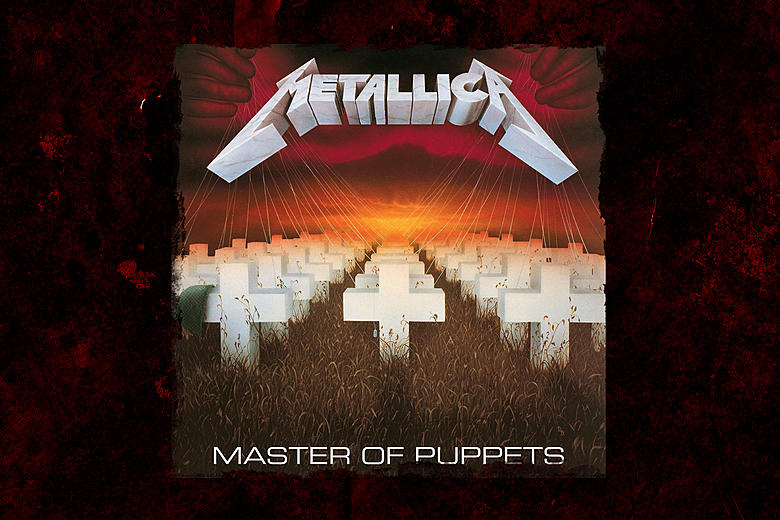 This year marks the 40th anniversary of Metallica’s groundbreaking album Master of Puppets, a record that has left an indelible mark on the landscape of heavy metal.
This year marks the 40th anniversary of Metallica’s groundbreaking album Master of Puppets, a record that has left an indelible mark on the landscape of heavy metal.
Released in 1986, the album not only catapulted Metallica to global fame but also redefined the genre, blending technical prowess, raw aggression, and lyrical depth in a way that few bands had done before. Four decades later, Master of Puppets continues to be regarded as one of the greatest heavy metal albums of all time.
At its core, Master of Puppets was a turning point for Metallica. Coming off the success of their first two albums—Kill ‘Em All (1983) and Ride the Lightning (1984)—the band was determined to push their sound further. With James Hetfield’s blistering vocals and guitar work, Lars Ulrich’s powerful drumming, Kirk Hammett’s intricate solos, and the late Cliff Burton’s virtuosic bass playing, the band created a musical masterpiece that transcended the thrash metal scene of the 1980s.
The album’s themes of control, addiction, and manipulation resonated deeply with listeners. The title track, “Master of Puppets,” is widely considered one of the greatest metal songs ever written. Its eight-minute runtime is a journey through haunting lyrics about drug addiction, with the “master” being a metaphor for substances controlling the user’s life. The song’s dynamic structure, which moves seamlessly between fast, punishing riffs and slower, melodic sections, showcases Metallica’s ability to balance brutality with sophistication.
Songs like “Battery” and “Disposable Heroes” reflect the band’s thrash metal roots with breakneck tempos and ferocious energy, while tracks like “Welcome Home (Sanitarium)” show their willingness to experiment with more melodic and introspective elements. This fusion of speed, aggression, and emotion helped the album stand out in an era when heavy metal was often dismissed as one-dimensional.
One of the most influential aspects of Master of Puppets was its impact on the technical aspects of metal music. Cliff Burton’s innovative bass work, particularly on songs like “Orion,” added a level of musical complexity rarely heard in metal at the time. His untimely death in a tragic bus accident just months after the album’s release cast a shadow over its success, but his influence on the genre and on future bassists remains immeasurable.
Beyond its musical innovations, Master of Puppets also changed the trajectory of heavy metal on a cultural level. The album was one of the first in the genre to receive critical acclaim outside of the metal community, helping to elevate metal from the underground to mainstream recognition. It also influenced a generation of metal bands that followed, including icons like Slayer, Megadeth, and Pantera, who drew inspiration from Metallica’s ability to combine technical musicianship with powerful, socially relevant lyrics.
In 2016, Master of Puppets was selected by the Library of Congress for preservation in the National Recording Registry, cementing its legacy as a culturally significant work of art. The album’s enduring influence can still be heard today in modern metal, with its complex arrangements and introspective themes inspiring countless bands across the globe.
As Master of Puppets turns 40, its legacy remains as powerful as ever. The album’s blend of aggression, technical skill, and thought-provoking lyrics revolutionized heavy metal and shaped the genre’s future, making it a timeless masterpiece. For Metallica and metal fans alike, Master of Puppets stands as a defining moment in the history of music, and its influence will continue to echo for generations to come.